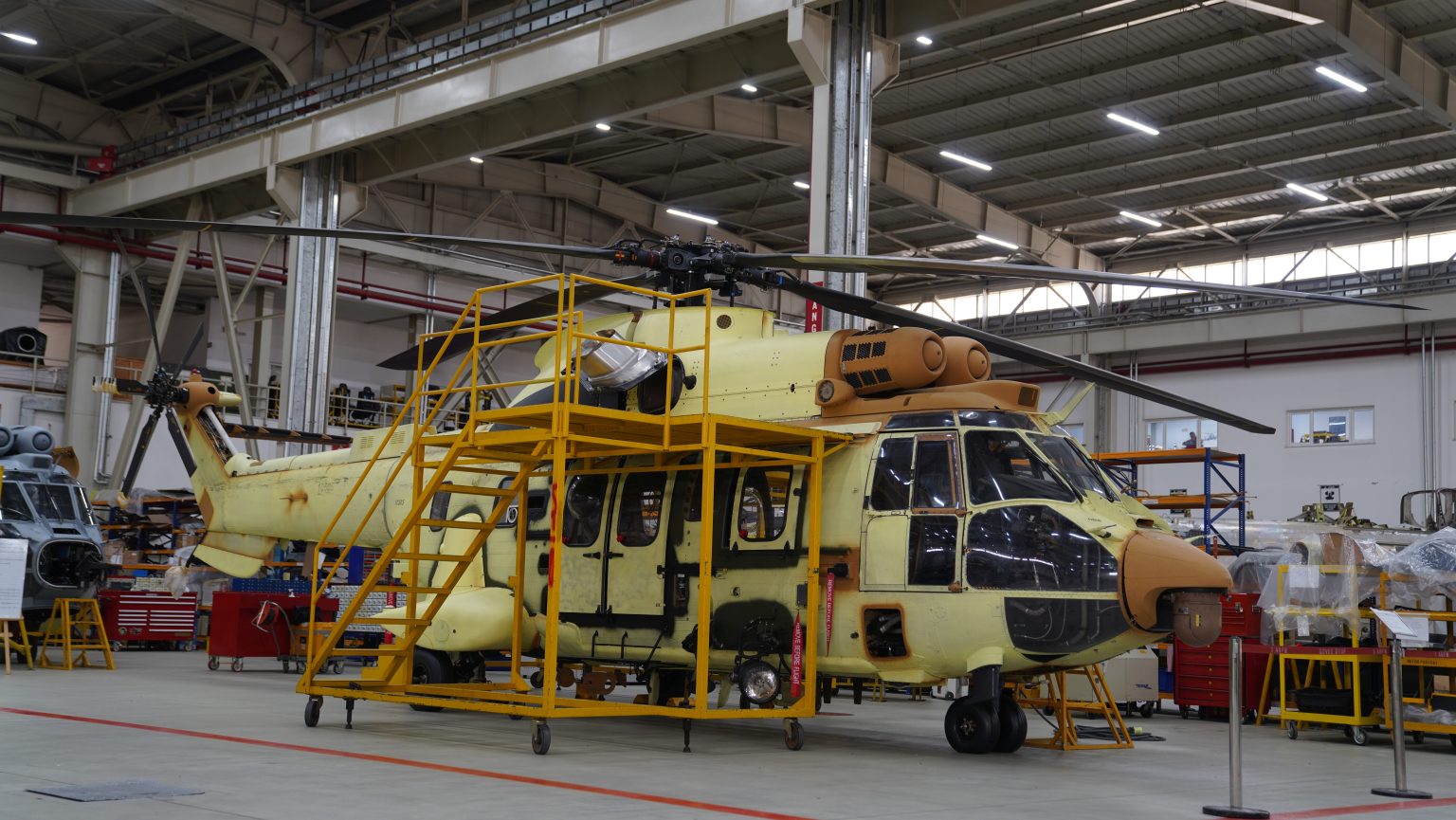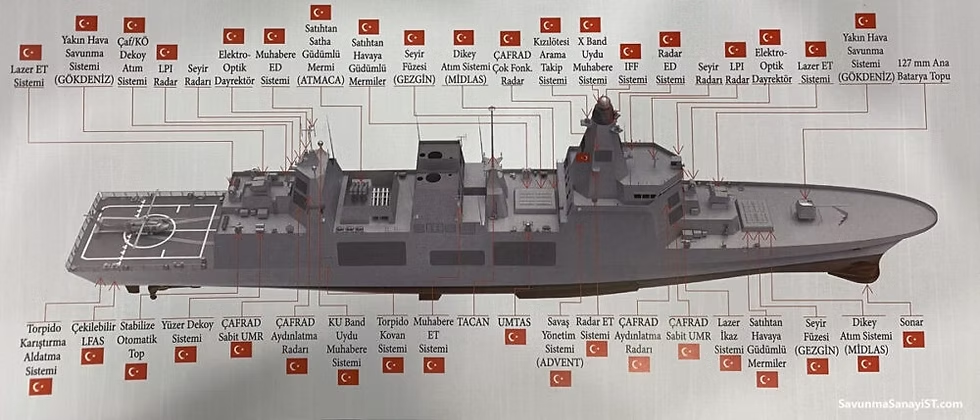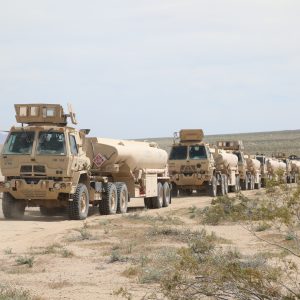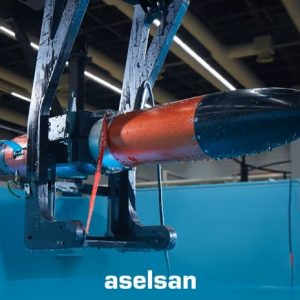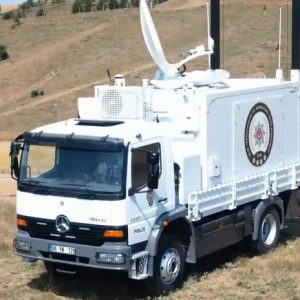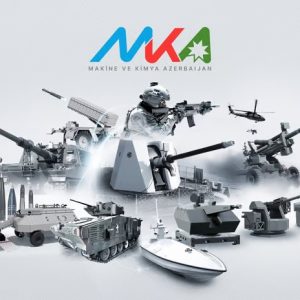Türkiye is making a bold push to become the regional hub for military aircraft Maintenance, Repair, and Overhaul (MRO). At the heart of this strategy is ASFAT (Military Factory and Shipyard Management Inc.), a state-owned logistics entity. Positioned on NATO’s southeastern flank, Türkiye aims to attract allied aircraft for depot-level servicing, leveraging ASFAT’s growing capabilities.

ASFAT’s MRO Strategy: From Domestic Strength to Regional Reach
Created to manage military factories, ASFAT has evolved into a key player in aerospace logistics. Today, it supports both national and international sustainment strategies. Its project portfolio includes upgrades for F-4 Phantoms, modernization of C-130 transport aircraft, and lifecycle support for platforms developed by TAI.
ASFAT now serves clients beyond Türkiye’s borders. These clients seek reliable MRO partners capable of operating in complex and volatile regions. ASFAT’s ability to deliver rapid, certified maintenance solutions makes it a preferred choice.
The company operates advanced hangars near Ankara. These facilities currently maintain both fixed-wing and rotary-wing assets of the Turkish Armed Forces. In addition, ASFAT benefits from direct oversight by the Ministry of National Defense. This close relationship accelerates contract execution and provides access to protected military supply chains.
Building MRO Diplomacy Through Defense Industry Export
ASFAT’s export success lies in scaling local MRO capabilities abroad. This means Türkiye is emerging not just as a producer, but as a long-term sustainment partner. Countries that purchase Turkish platforms can now rely on ASFAT for continuous maintenance support.
In 2024, ASFAT signed multiple agreements to strengthen this position. These included MRO partnerships with Pakistan, Qatar, and several African nations. The focus was on airframe repairs, logistics infrastructure, and training for local crews.
Such deals enhance Türkiye’s defense diplomacy. They build trust not through weapons sales alone, but through lasting operational readiness.
“Türkiye’s defense diplomacy is now being driven by sustainment,” explains an ASFAT official. “Partners trust us to keep their fleets ready—not just to sell platforms.”
Integration with Türkiye’s Broader Defense Industrial Strategy
Created to manage military factories, ASFAT has evolved into a key player in aerospace logistics. Today, it supports both national and international sustainment strategies. Its project portfolio includes upgrades for F-4 Phantoms, modernization of C-130 transport aircraft, and lifecycle support for platforms developed by TAI.
ASFAT now serves clients beyond Türkiye’s borders. These clients seek reliable MRO partners capable of operating in complex and volatile regions. ASFAT’s ability to deliver rapid, certified maintenance solutions makes it a preferred choice.
The company operates advanced hangars near Ankara. These facilities currently maintain both fixed-wing and rotary-wing assets of the Turkish Armed Forces. In addition, ASFAT benefits from direct oversight by the Ministry of National Defense. This close relationship accelerates contract execution and provides access to protected military supply chains.
ASFAT’s MRO efforts align closely with Türkiye’s national defense goals. One of these goals is to reduce foreign dependency in military logistics. ASFAT contributes by offering a “one-stop sustainment model” that covers land, sea, and air platforms.
This model reflects the spirit of the Milli Teknoloji Hamlesi, or National Technology Initiative. Through partnerships with TUSAŞ, ASELSAN, and Turkish Technic, ASFAT ensures that mission-critical systems are serviced domestically. This includes electronics, avionics, and propulsion technologies.
Türkiye also aims to strengthen its role in NATO’s logistics ecosystem. Rising tensions in the Eastern Mediterranean and Black Sea have increased the need for regional support hubs. ASFAT meets this demand with its strategic location, qualified workforce, and military-grade infrastructure.
Looking Ahead: Digitalization and AI in MRO
ASFAT is also modernizing how it maintains military platforms. The company is investing in predictive maintenance technologies. It is also developing digital twins for key aircraft systems. These tools help forecast technical issues before they cause failure.
One of the main pilot projects involves Türkiye’s F-16 fleet. In this program, artificial intelligence monitors flight data in real time. The system detects unusual patterns in flight-control components. When a risk is identified, alerts are sent to maintenance teams immediately.
This early warning system reduces unexpected failures. As a result, fewer aircraft are grounded during missions. Flight schedules remain stable. Operational availability improves across the fleet.
Moreover, the system lowers logistics costs. Spare parts are replaced only when necessary. This prevents unnecessary stock consumption and cuts spending. The technology saves both time and resources for the Turkish Air Force.
Currently, ASFAT provides these services mostly to Turkish military units. However, interest from international clients is rising. Defense experts expect the company to pursue NATO certification soon.
Achieving this certification would be a major step. It would allow ASFAT to directly support allied air forces under NATO standards. The move would boost Türkiye’s role in alliance logistics and regional readiness.
If approved, Türkiye would be among a small number of non-Western countries with a NATO-recognized MRO center. This status would further integrate ASFAT into global defense supply chains.
Conclusion: A Strategic Aerospace Player in the Making
ASFAT’s rise in the MRO sector goes beyond simple business expansion. It signals a strategic shift in Türkiye’s defense approach. The country is redefining how it supports long-term military readiness.
Global demand for MRO services is increasing rapidly. The market has already passed $100 billion. Nations are searching for partners who can deliver both affordability and performance.
Türkiye is answering this call with a combined strategy. It blends industrial capability with diplomatic outreach. ASFAT is the centerpiece of this effort.
Its model offers more than technical services. It provides trusted, government-backed support. This appeals to countries that need agile, combat-ready fleets.
These nations want more than just spare parts. They seek full-spectrum sustainment. They want it from reliable, consistent partners.
In this environment, ASFAT is gaining attention. Its proven track record, modern infrastructure, and close ties to the Ministry of National Defense make it a serious player. For many, it is now a name to watch.
Related: Turkish Navy’s TF‑2000: Air Defense Destroyer Evolution
Source: Breaking Defense – Inside Türkiye’s ASFAT MRO Strategy

